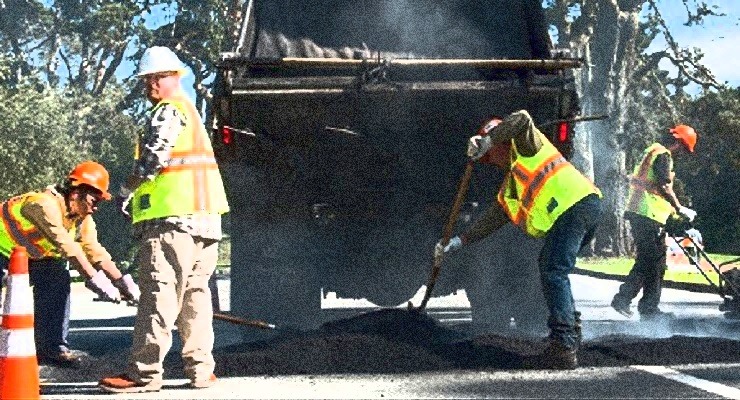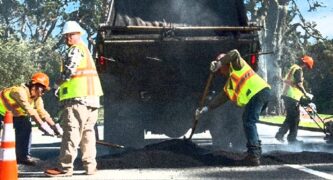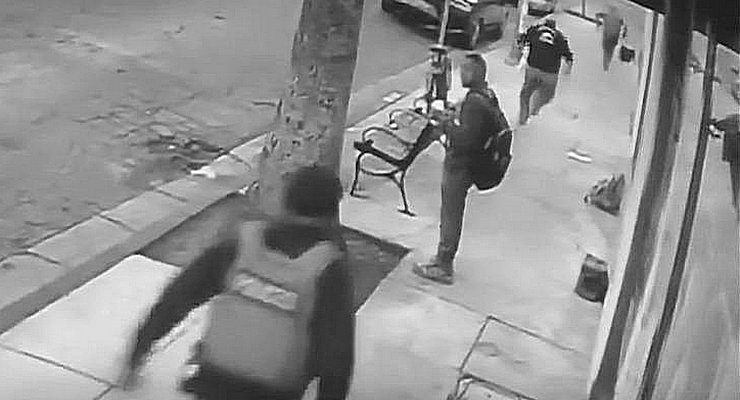
Officials announced Wednesday that the California Department of Transportation has completed a $1.3 million beautification project in northern Los Angeles County to address illegal dumping.
Crews installed fencing along stretches of Interstate 5, Interstate 210, and the Ronald Reagan (118) Freeway in San Fernando Valley and Pasadena to deter illegal dumping, improve litter collection and remove graffiti.
Caltrans fenced off and cleaned up eight sites, including three locations along I-210 in Pasadena, at eastbound Washington Boulevard, eastbound Claremont Street and eastbound Hammond Street.
The cleanup was made possible through Gov. Gavin Newsom’s Clean California initiative — a $1.2 billion, multiyear clean-up effort to remove trash, create jobs and help beautify public spaces.
“I’m very pleased that this project benefits the traveling public and several underserved communities by enhancing neighborhood connectivity and aesthetics, Caltrans District 7 Director Gloria Roberts said in a statement Tuesday. “This includes improving the visual quality of the communities, preventing unsafe freeway access, and reducing litter and graffiti.”
“These fencing improvements capture the vision of Clean California by improving infrastructure in both form and function,” Caltrans Director Tony Tavares said in a statement. “Protecting freeway access and roadside cleanliness from illegal dumping lifts community spirit and provides a better transportation experience for everyone.”
Clean California grants have funded 319 projects statewide to revitalize and beautify underserved communities, some of which are already complete and now sources of “community pride,” according to Caltrans.
Projects are intended to improve public spaces, tribal lands, parks, neighborhoods, transit centers, walking paths, streets, roadsides, recreation fields, community gathering spots, and places of cultural importance or historical interest.
Since launching Clean California in July 2021, Caltrans and its local partners have picked up 2.3 million cubic yards of litter — enough to fill about 700 Olympic-size swimming pools. Officials said the initiative has drawn more than 10,000 volunteers and created 15,000 jobs, including positions for individuals who were formerly incarcerated, on probation, or experiencing housing insecurity.














 7 comments
7 comments


